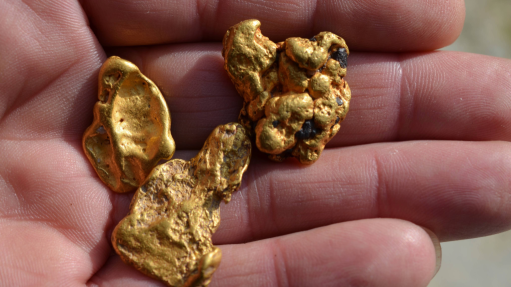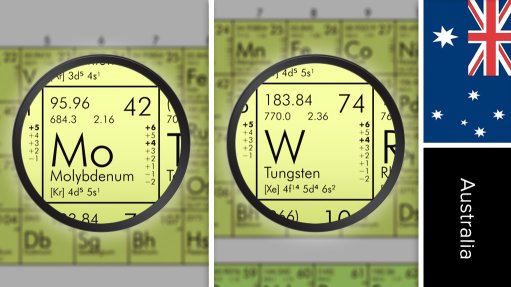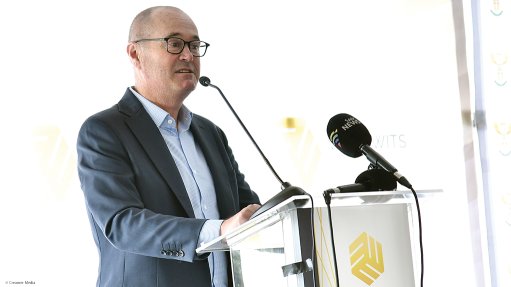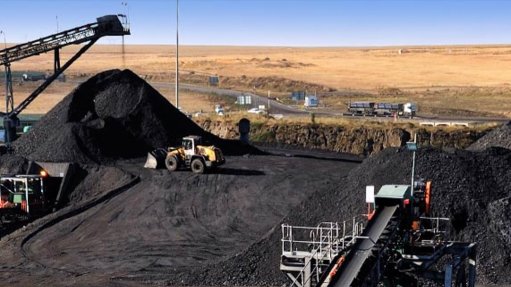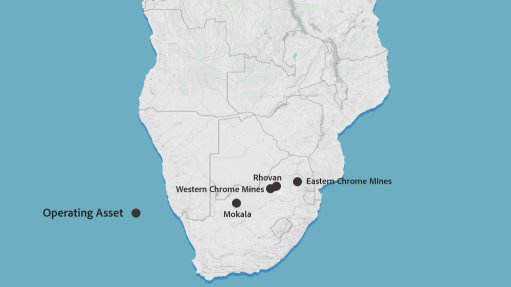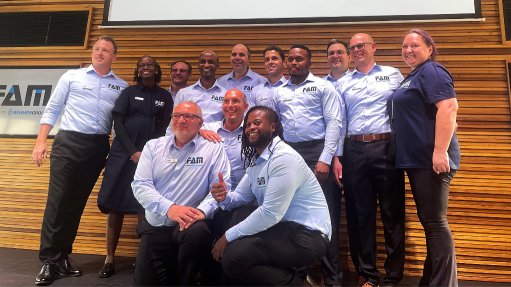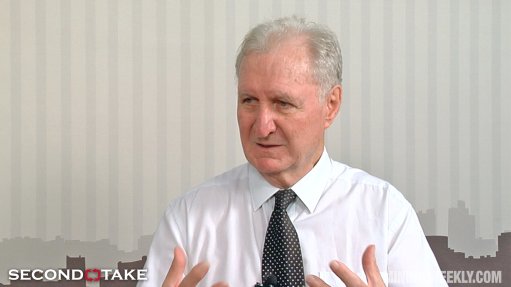Uranium demand growing on back of Paris Agreement


FLYING HIGH The Elevate Uranium mine is one of many uranium mines in the country that contribute to Namibia's global uranium suppl
Global analysts suggest that a greater uptake of nuclear power generation is expected in the future, in line with predictions that global utility uncovered uranium requirements will rise “tremendously”, says Namibian Uranium Institute (NUI) executive director Dr Gabi Schneider.
This will be further complemented by the development of small modular reactors, which have the potential to comprise a significant share of electricity generation in remote areas and, therefore, provide opportunities in vast swathes of Africa.
Namibia’s uranium endowment already makes an important contribution to fuel provision for nuclear power generation and has the capacity to increase this contribution.
“It has become increasingly more evident and was also clearly stated at the recent COP27 conference, in Egypt, that the Paris Agreement target cannot be met with renewable-energy sources alone.
“Opportunely, there is a growing acceptance of nuclear power in many countries around the globe.”
Schneider adds that this sentiment has the potential to drive the global uranium price, which will allow for new uranium projects to be developed in the country.
This bodes well for the Namibian uranium mining sector, which is already reported to be the third-largest producer of uranium globally.
About 10% of the world's electricity is generated by about 440 nuclear power plants in 32 countries, while 53 reactors are under construction, equivalent to about 15% of existing capacity, she says.
Fifty-nine new reactors have been built in the past nine years, which significantly exceeds the number of lost reactors in Germany and Japan, adds Schneider.
Moreover, the Namibian government is exploring ways of using its endowment in country in the future.
“The Namibian uranium industry already provides some 10% of the world’s uranium and stands ready to provide supply for an increased demand,” she says.
Schneider stresses that Namibian Uranium Association (NUA) members assure that such supply is explored for, mined, and processed in accordance with international best practice, the United Nations Sustainable Development Goals and the NUA’s stewardship principles.
The association’s guiding sustainable development principle is that such development must meet the needs of current generations without compromising the ability of future generations to meet their own needs.
“In the mining sphere, this means that best practices are applied when it comes to environmental and social issues,” she adds.
For uranium miners and explorers, there is the additional requirement to handle radiation safety.
Namibian uranium mines and uranium explorers have a “sterling record” in this regard, and compare well with other Namibian mining operations, as well as with those in the international uranium mining sector.
To go the extra mile, the Namibian uranium sector has created the NUA to ensure international best practices and that the NUI as an institution applies the uranium stewardship principles developed by NUA.
“It is the objective of the NUI and NUA to liaise with stakeholders to ensure their support of the industry,” which Schneider adds is achieved by maintaining close ties with the relevant ministries, the Office of the President and local communities.
She notes that the uranium industry continues to make valuable contributions to improve the living standards of the communities in which its mines operate.
Moreover, the industry maintains relationships with international bodies, such as the International Atomic Energy Agency (IAEA) and the World Nuclear Association.
“The NUI is involved in an initiative with the IAEA, whereby its wealth of experience in terms of sustainable development in the uranium sector is shared with other countries that are newcomers to the uranium space.”
She concludes that the NUI is also closely involved in Namibia’s application to become a member of the Nuclear Suppliers Group.
Article Enquiry
Email Article
Save Article
Feedback
To advertise email advertising@creamermedia.co.za or click here
Announcements
What's On
Subscribe to improve your user experience...
Option 1 (equivalent of R125 a month):
Receive a weekly copy of Creamer Media's Engineering News & Mining Weekly magazine
(print copy for those in South Africa and e-magazine for those outside of South Africa)
Receive daily email newsletters
Access to full search results
Access archive of magazine back copies
Access to Projects in Progress
Access to ONE Research Report of your choice in PDF format
Option 2 (equivalent of R375 a month):
All benefits from Option 1
PLUS
Access to Creamer Media's Research Channel Africa for ALL Research Reports, in PDF format, on various industrial and mining sectors
including Electricity; Water; Energy Transition; Hydrogen; Roads, Rail and Ports; Coal; Gold; Platinum; Battery Metals; etc.
Already a subscriber?
Forgotten your password?
Receive weekly copy of Creamer Media's Engineering News & Mining Weekly magazine (print copy for those in South Africa and e-magazine for those outside of South Africa)
➕
Recieve daily email newsletters
➕
Access to full search results
➕
Access archive of magazine back copies
➕
Access to Projects in Progress
➕
Access to ONE Research Report of your choice in PDF format
RESEARCH CHANNEL AFRICA
R4500 (equivalent of R375 a month)
SUBSCRIBEAll benefits from Option 1
➕
Access to Creamer Media's Research Channel Africa for ALL Research Reports on various industrial and mining sectors, in PDF format, including on:
Electricity
➕
Water
➕
Energy Transition
➕
Hydrogen
➕
Roads, Rail and Ports
➕
Coal
➕
Gold
➕
Platinum
➕
Battery Metals
➕
etc.
Receive all benefits from Option 1 or Option 2 delivered to numerous people at your company
➕
Multiple User names and Passwords for simultaneous log-ins
➕
Intranet integration access to all in your organisation







